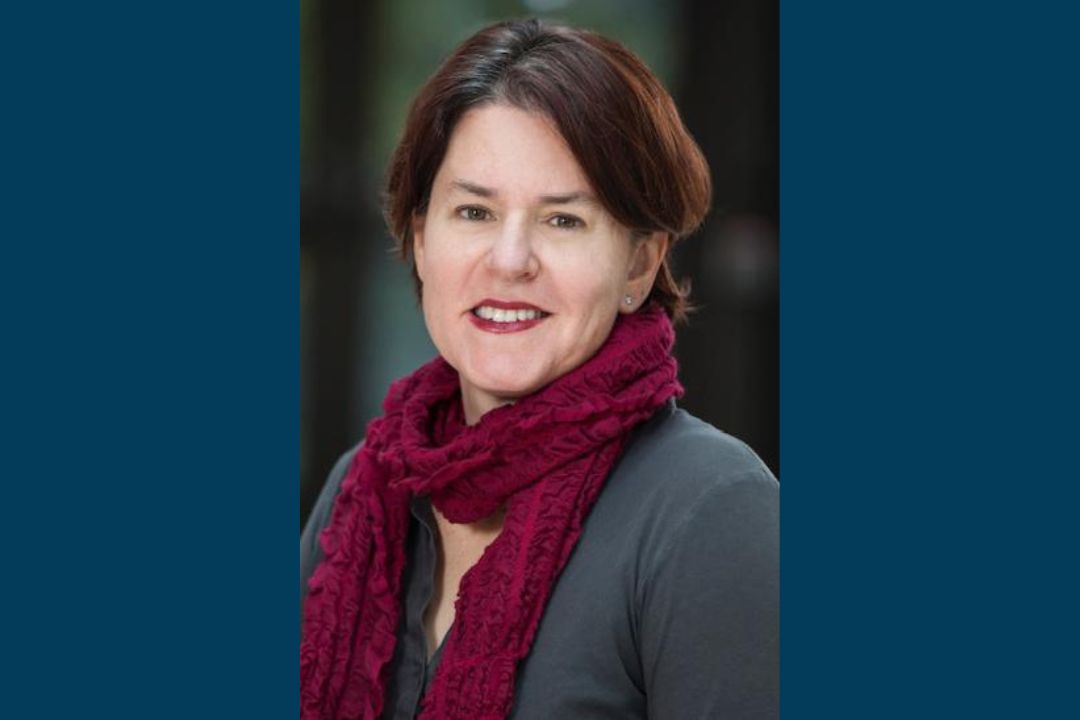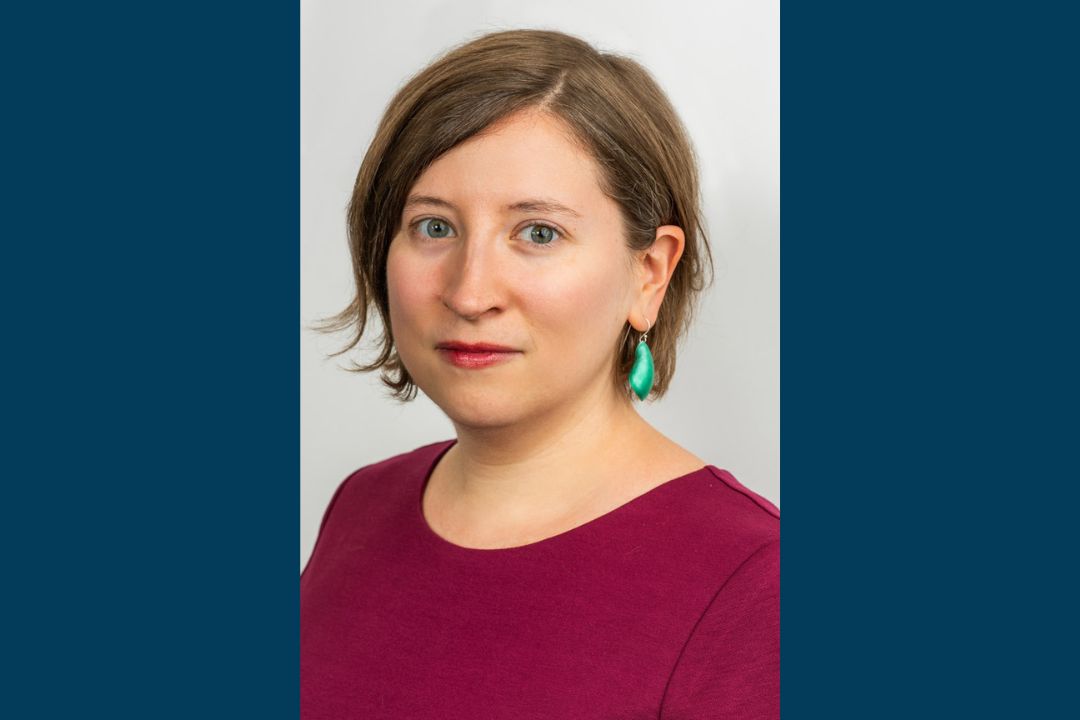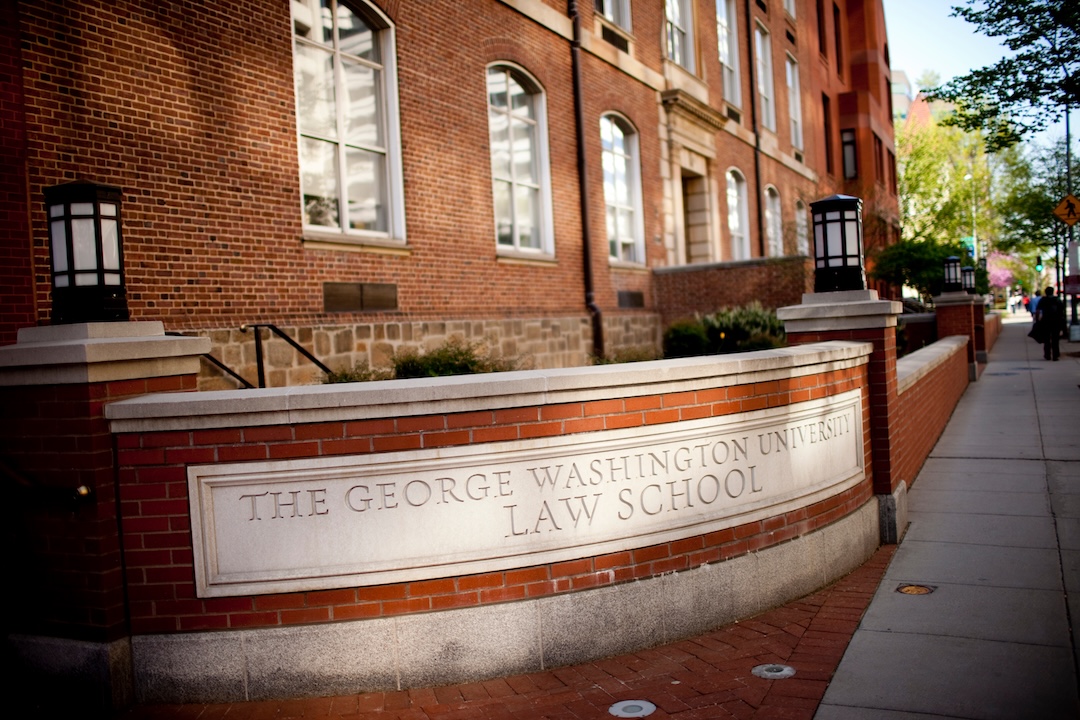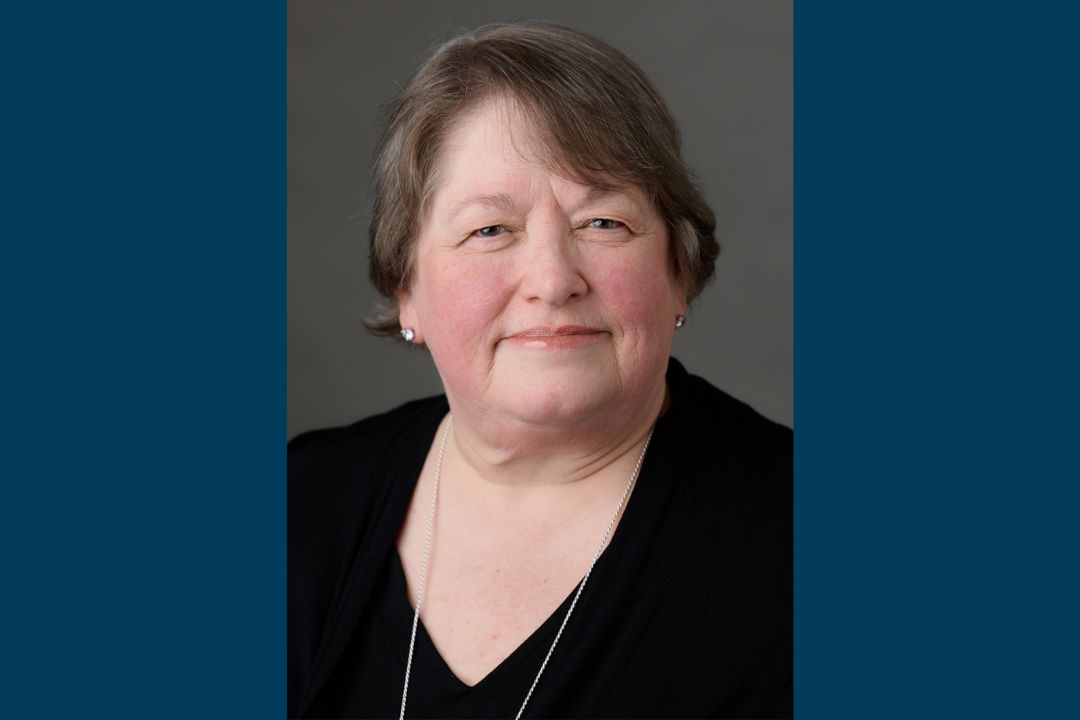Natalia Blinkova, Associate Professor of Fundamentals of Lawyering, oversees the GW Law Writing Center as the Acting Writing Center Coordinator. In the following video, she talks about how the center and its writing fellows program helps 1L students become better writers and better lawyers.
What is the writing fellows program?
The writing fellows staff the GW Law Writing Center. It's about 50 students, generally 2Ls and 3Ls, who help clients throughout the law school, but mainly 1L students with their writing assignments. The writing fellows will comment, will give feedback from the perspective of the legal reader, which means they will focus on things like structure, organization, and big picture items. They're not going to fix your paper but they're going to give you comments in such a way so you can improve your own work product and become a stronger writer.
Why is writing an important skill for law students?
Legal writing is one of those foundational skills that attorneys use in their daily practice. It's critical for 1L students to develop a really strong basis in legal writing. The writing center is there to guide students through this process because legal writing is a little bit more specific and different than the type of writing that students have done in their undergraduate careers. So the writing center is there to make sure that students build that incredibly powerful foundation for the rest of their legal practice.
How does the writing center work?
Writing fellows meet with individual clients for 30 minutes or 45 minutes and give them feedback on their written work product. This involves questions about what the writer has articulated in their drafts. They can also meet with students at the outlining stage so students can work through whatever their thought process is on a particular writing assignment. That way they move the ball forward.
What kinds of projects do writing fellows help with?
Writing fellows help with projects from all over the law school, such as 1L writing assignments. And they help 2Ls and 3Ls with their notes for their journals. They will also work with LLM students on LLM theses. Any writing project that a student brings in from around the law school will be fair game for the writing fellows to comment on.
Writing fellows can help at any phase of the writing process. Some students will come in with full drafts that are polished and get reactions and feedback from the writing fellows. Others will come in at much earlier stages of the drafting process with perhaps an outline or just cornels of an outline and talk through their ideas with the writing fellows. That is also a very beneficial stage at which to get advice from the writing center.
What kind of mentorship does the writing center offer?
The writing fellows will often develop really strong mentoring relationships with their writing center clients. Students will often go into writing center conferences not just seeking feedback on the writing but also wanting advice about their law school experience, how to navigate all that GW Law has to offer, such as writing competitions, journals, and so on. And sometimes students want to go into the writing center just to see that friendly face, to have an upper level student tell them that, yes, the 1L year can be really demanding but they're going to not only make it through but also excel. So there are really strong connections that writing fellows will establish with their clients.
How can GW Law students get involved?
Generally, we hire writing fellows in the spring and we get lots of applications. The applications include a personal statement—why would you like to be a writing fellow and why are you qualified for the position? Also we ask things like what makes an inclusive writing center and we'd love to have your opinion on that. And you mark up a sample writing assignment so that we can see how you comment on student writing. Then we conduct interviews and those who are selected for that generally toward the end of the spring semester.





